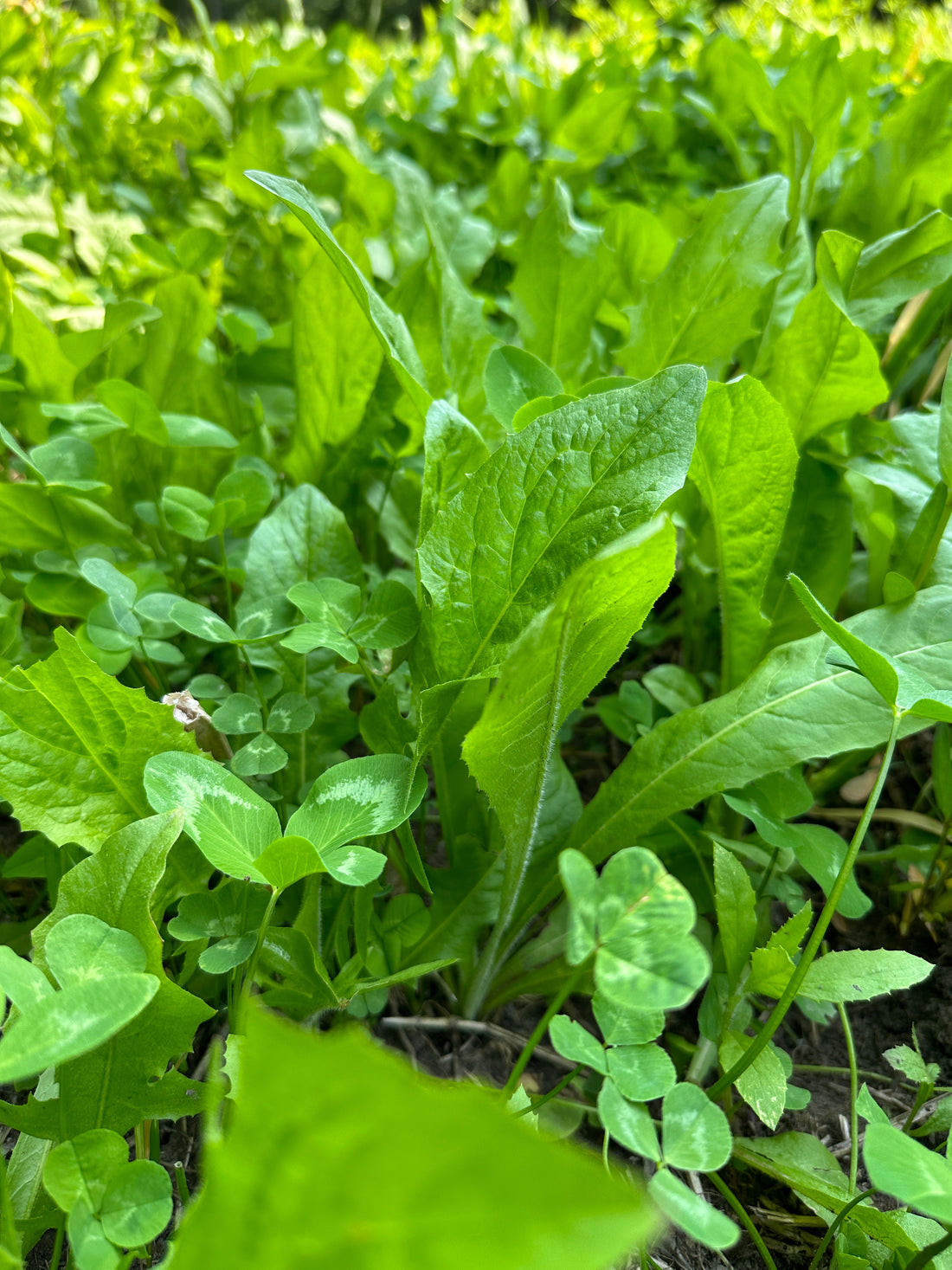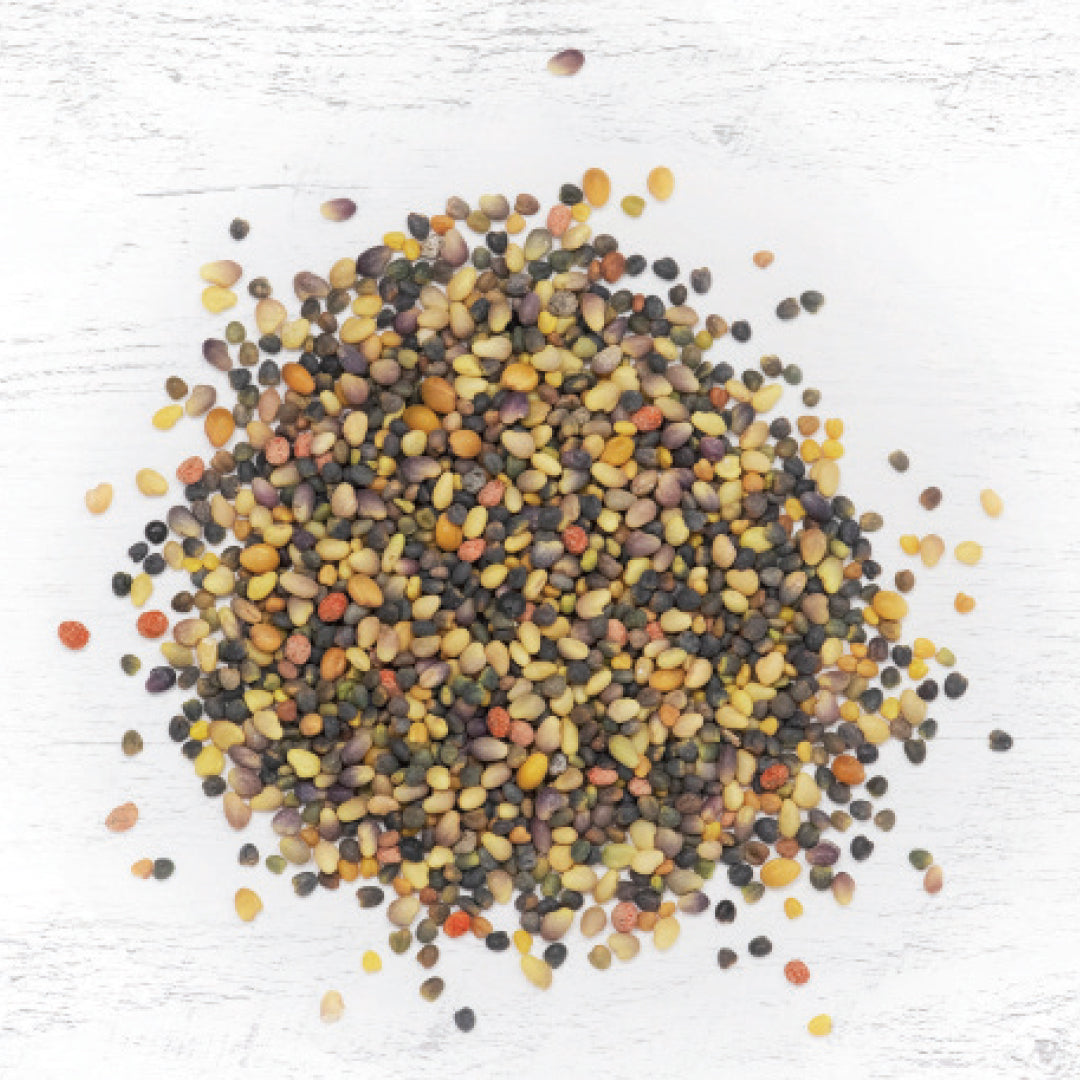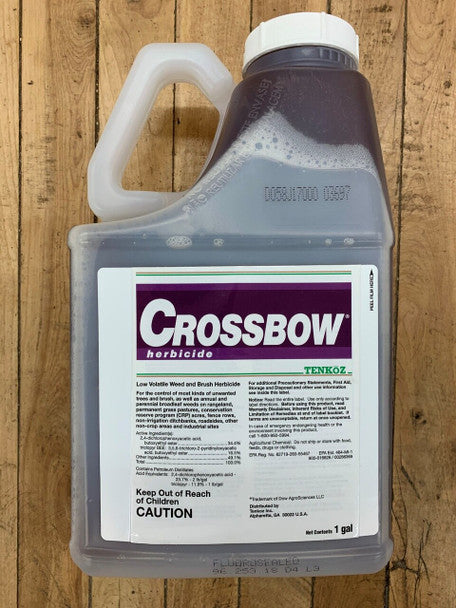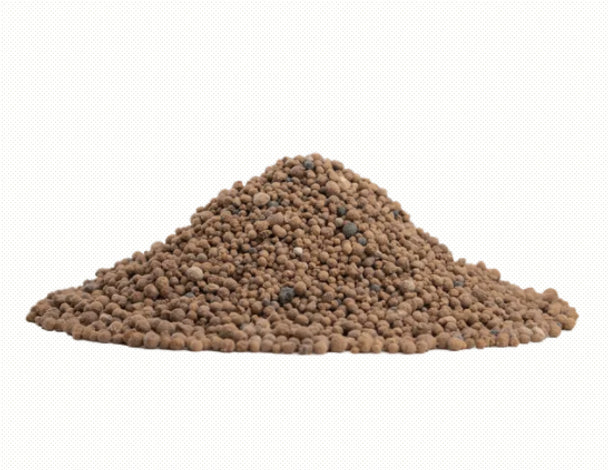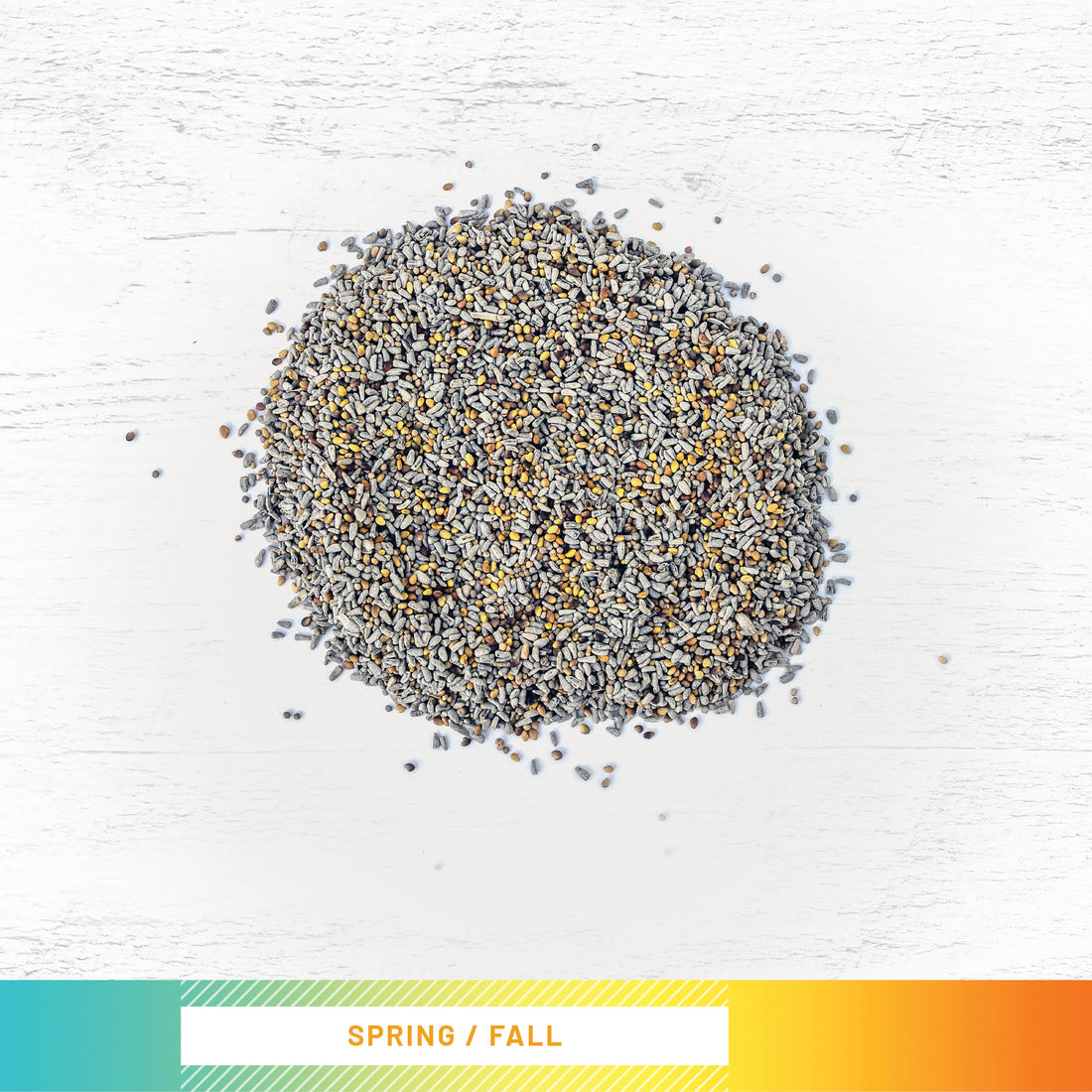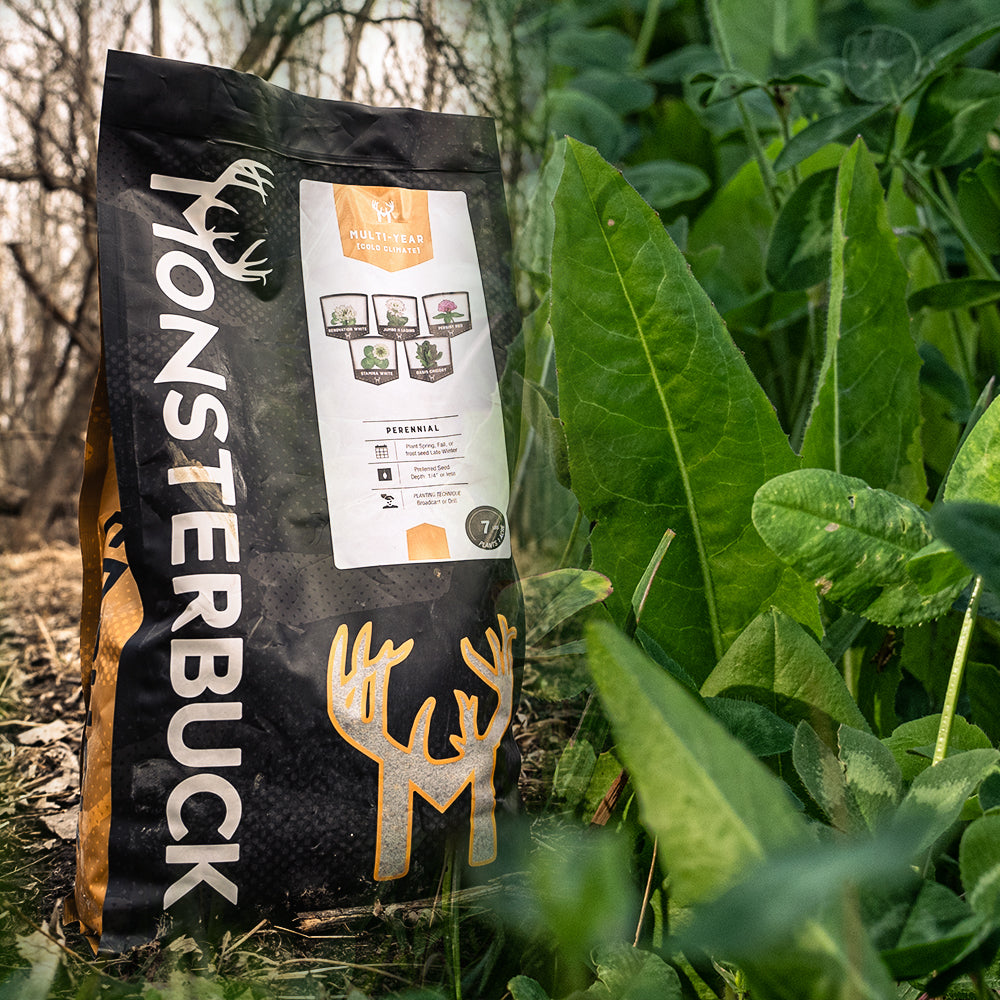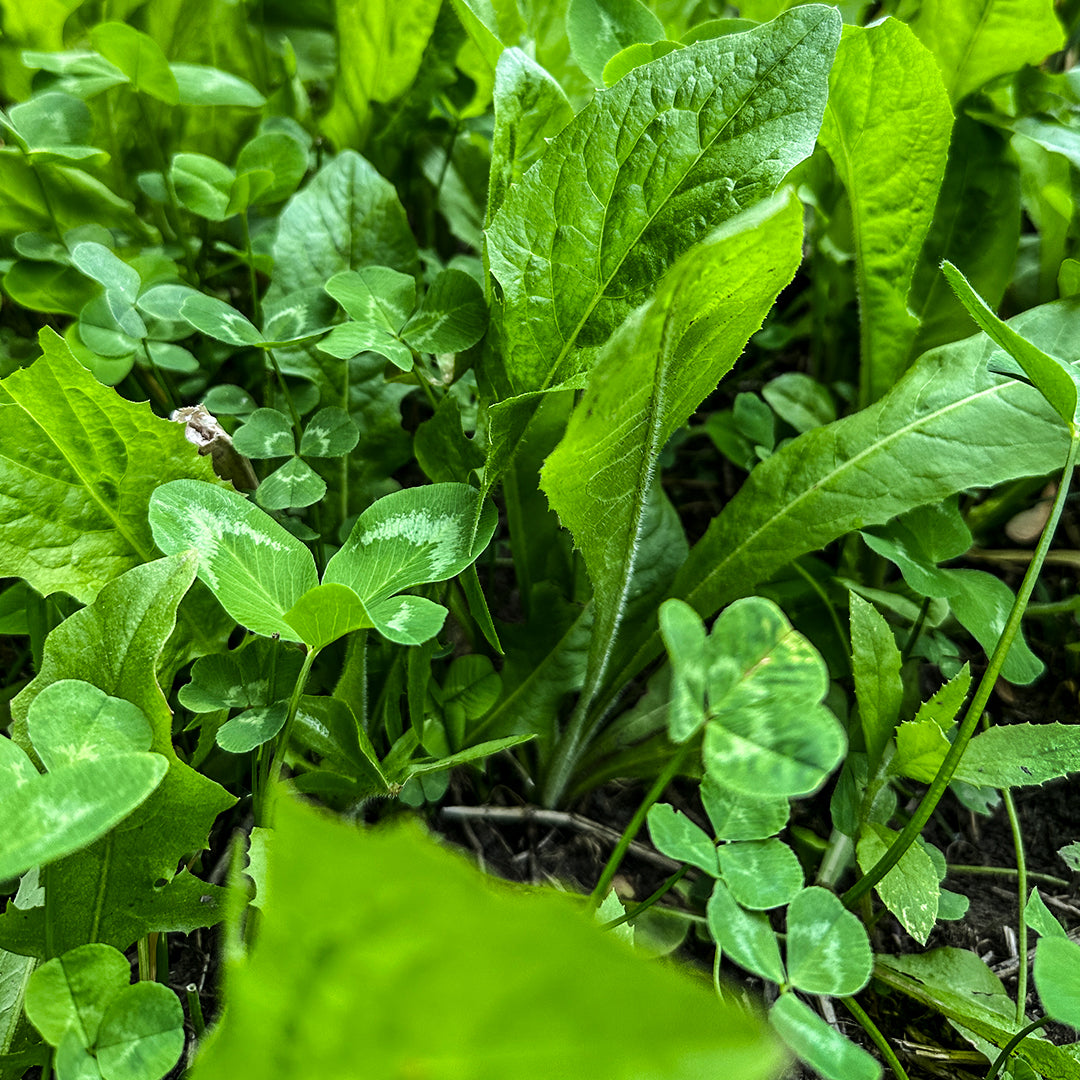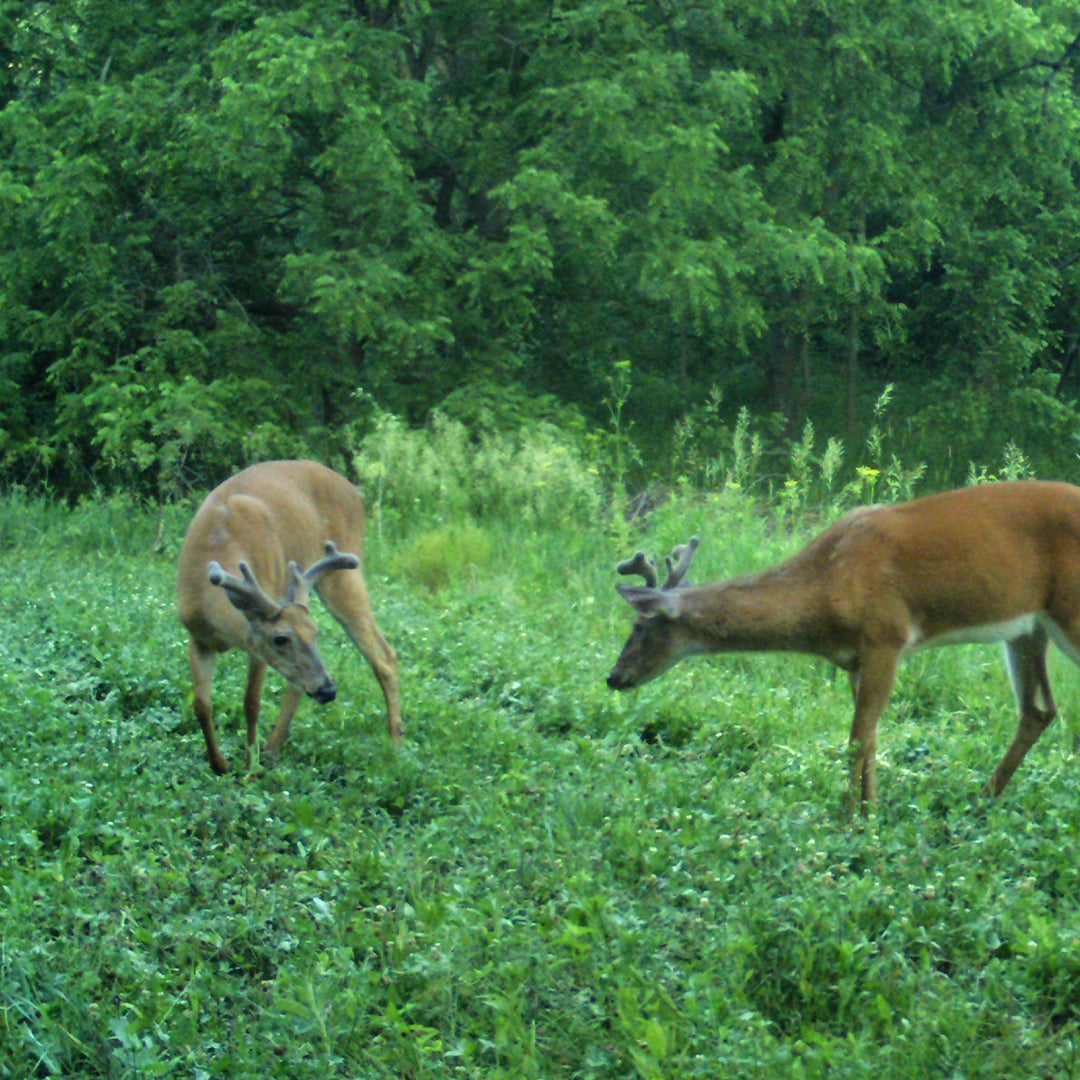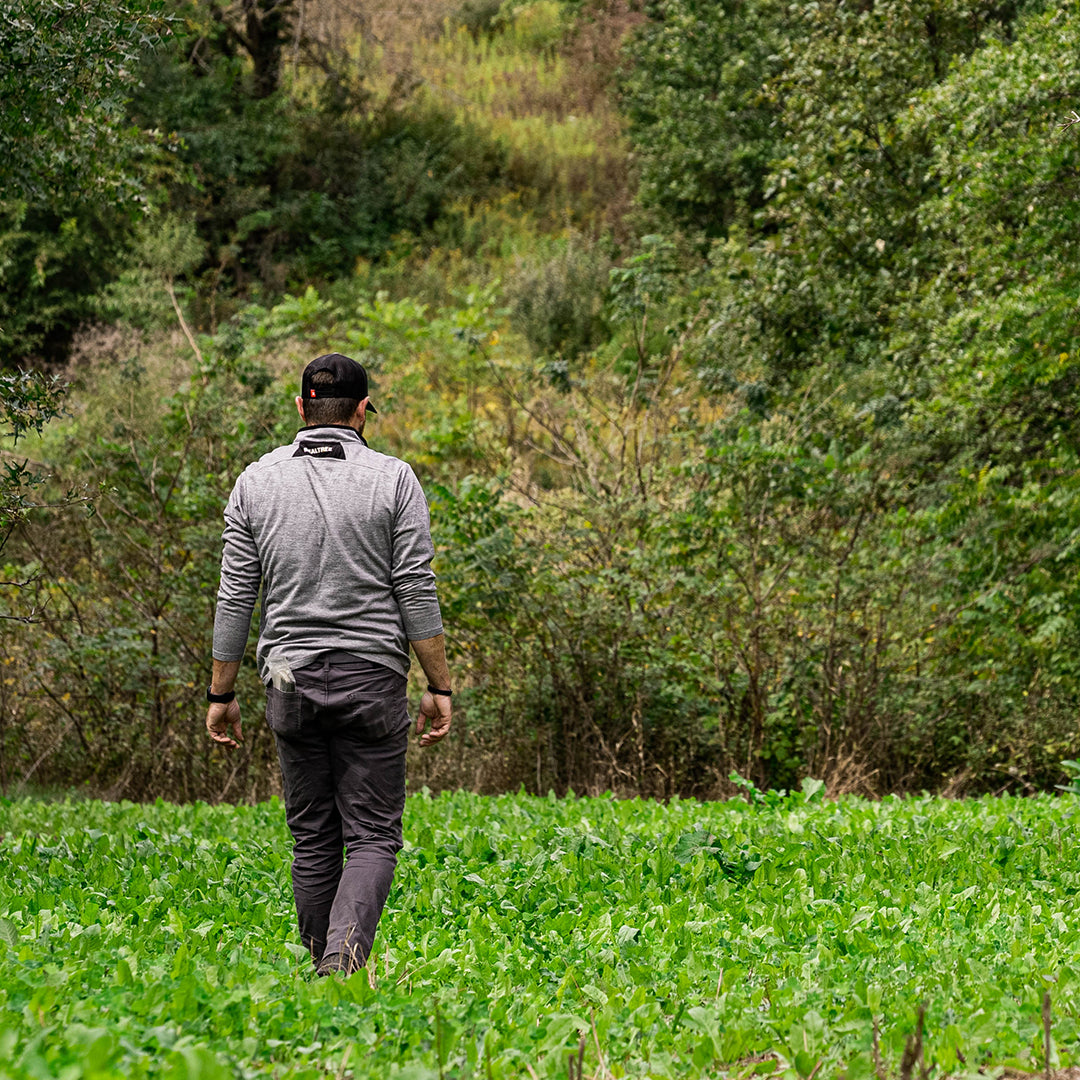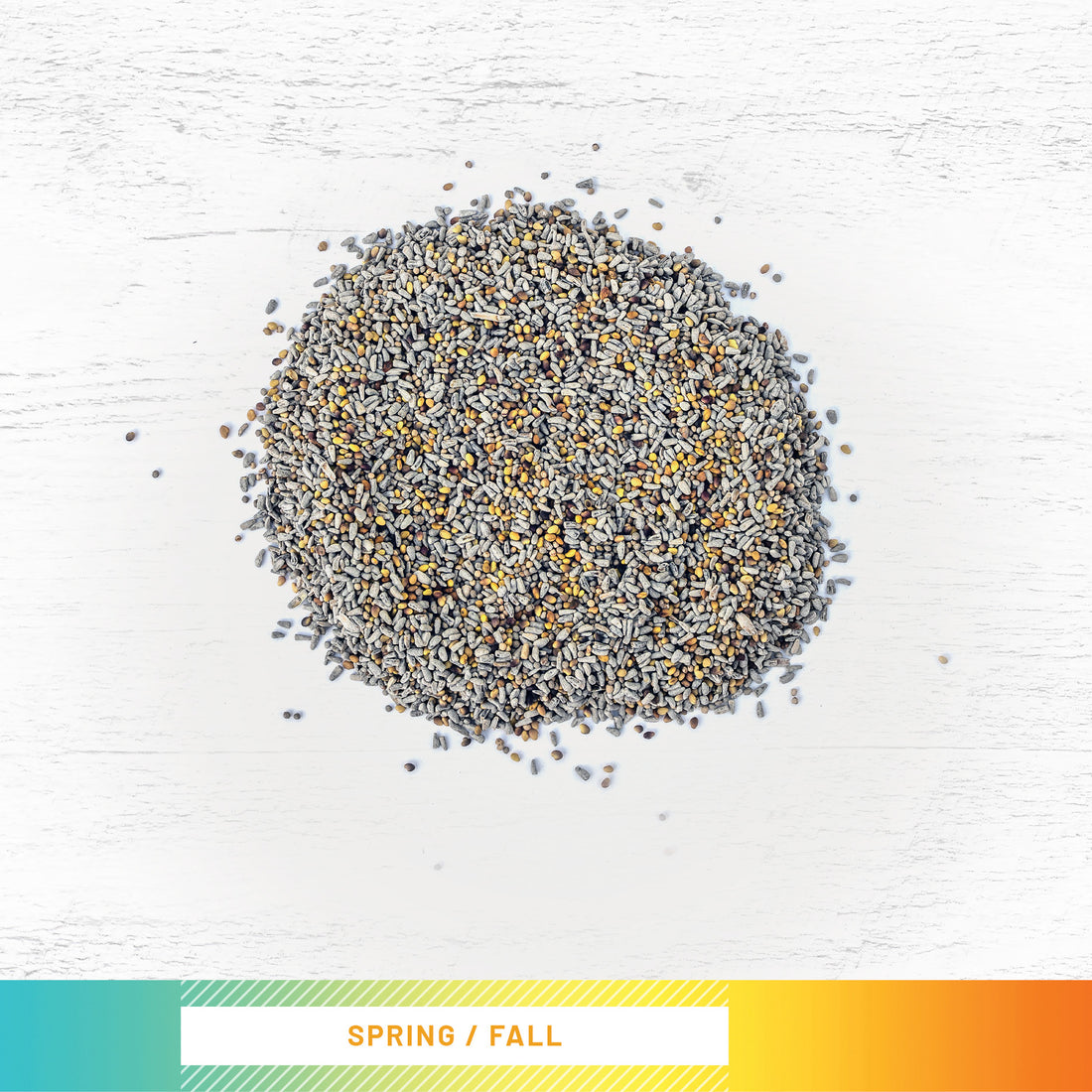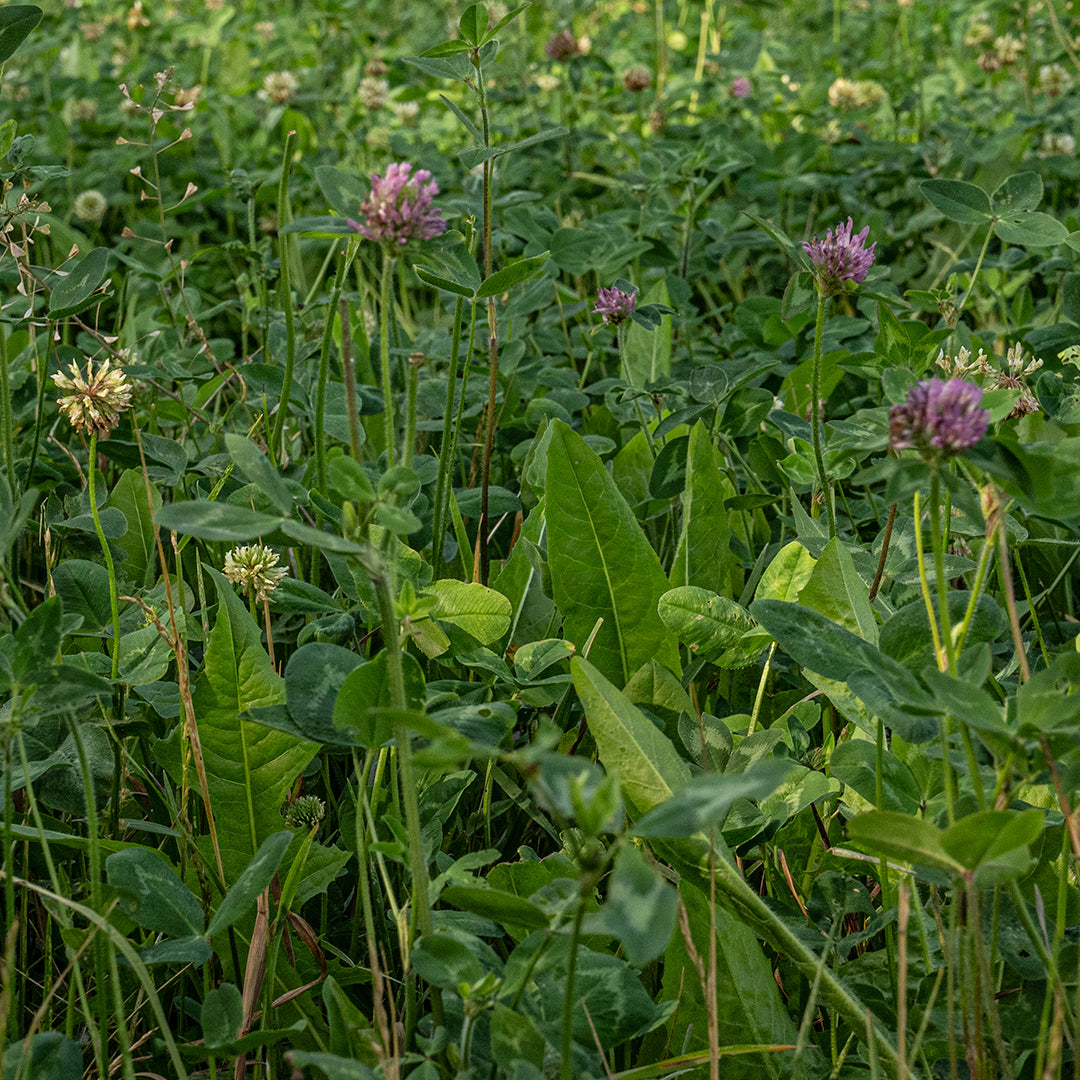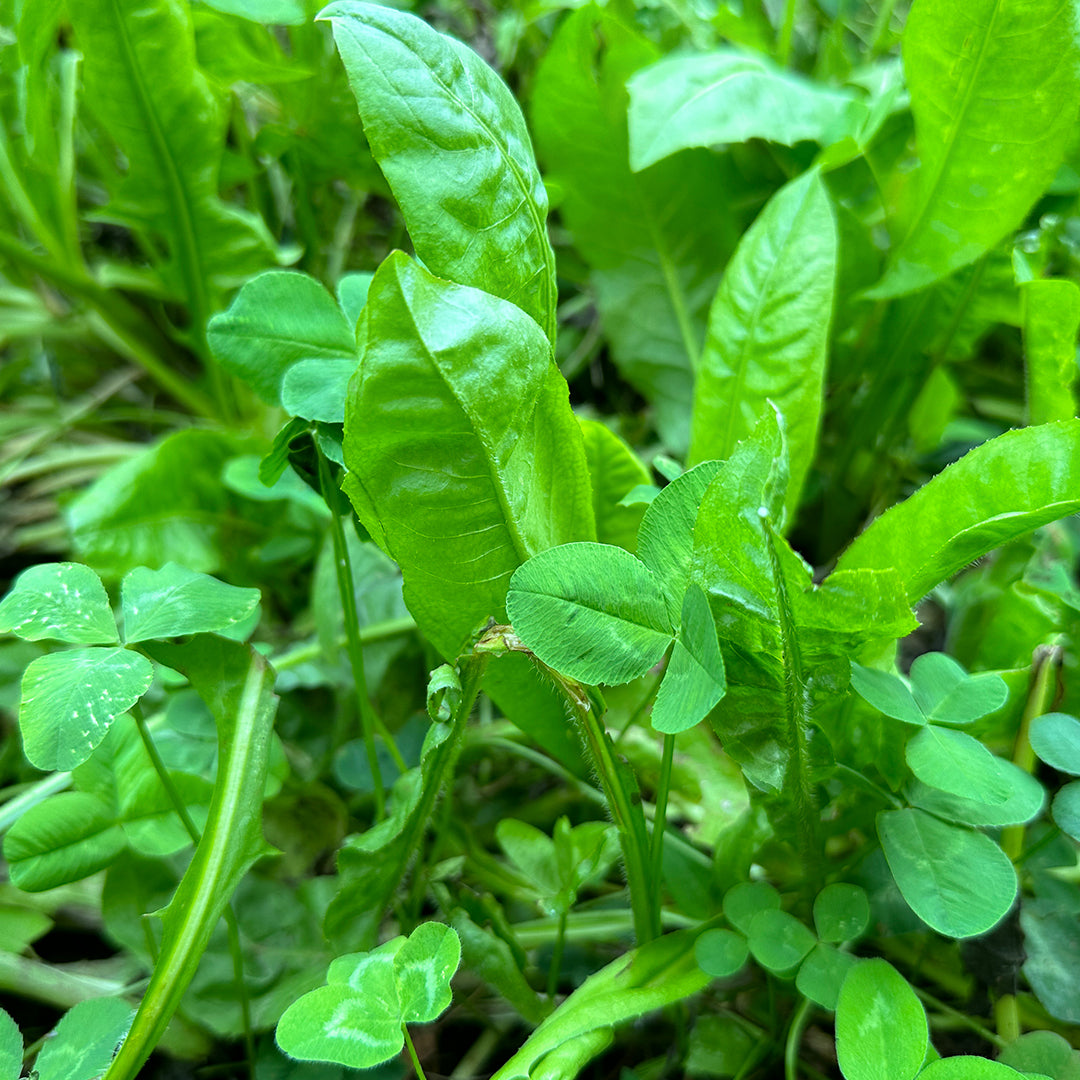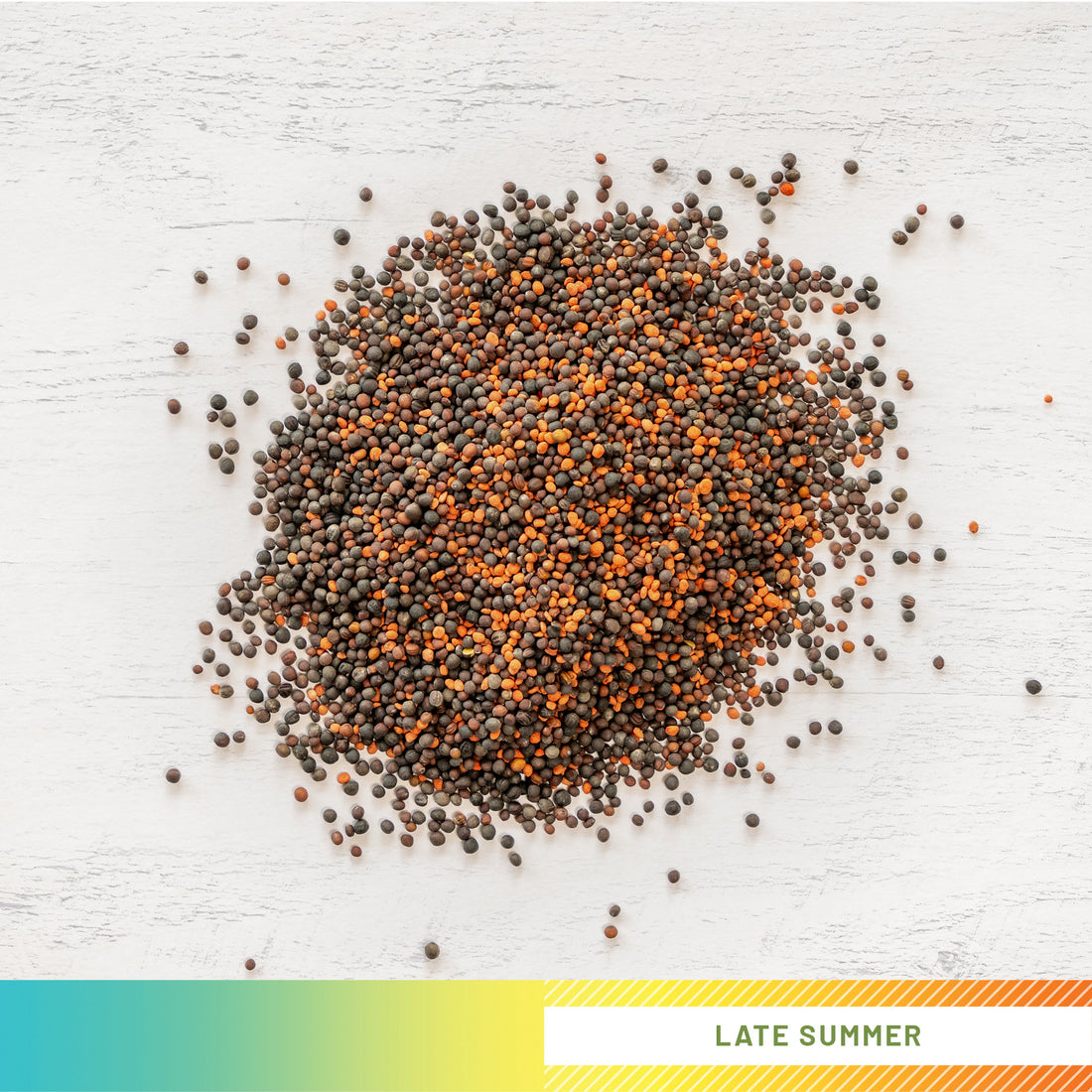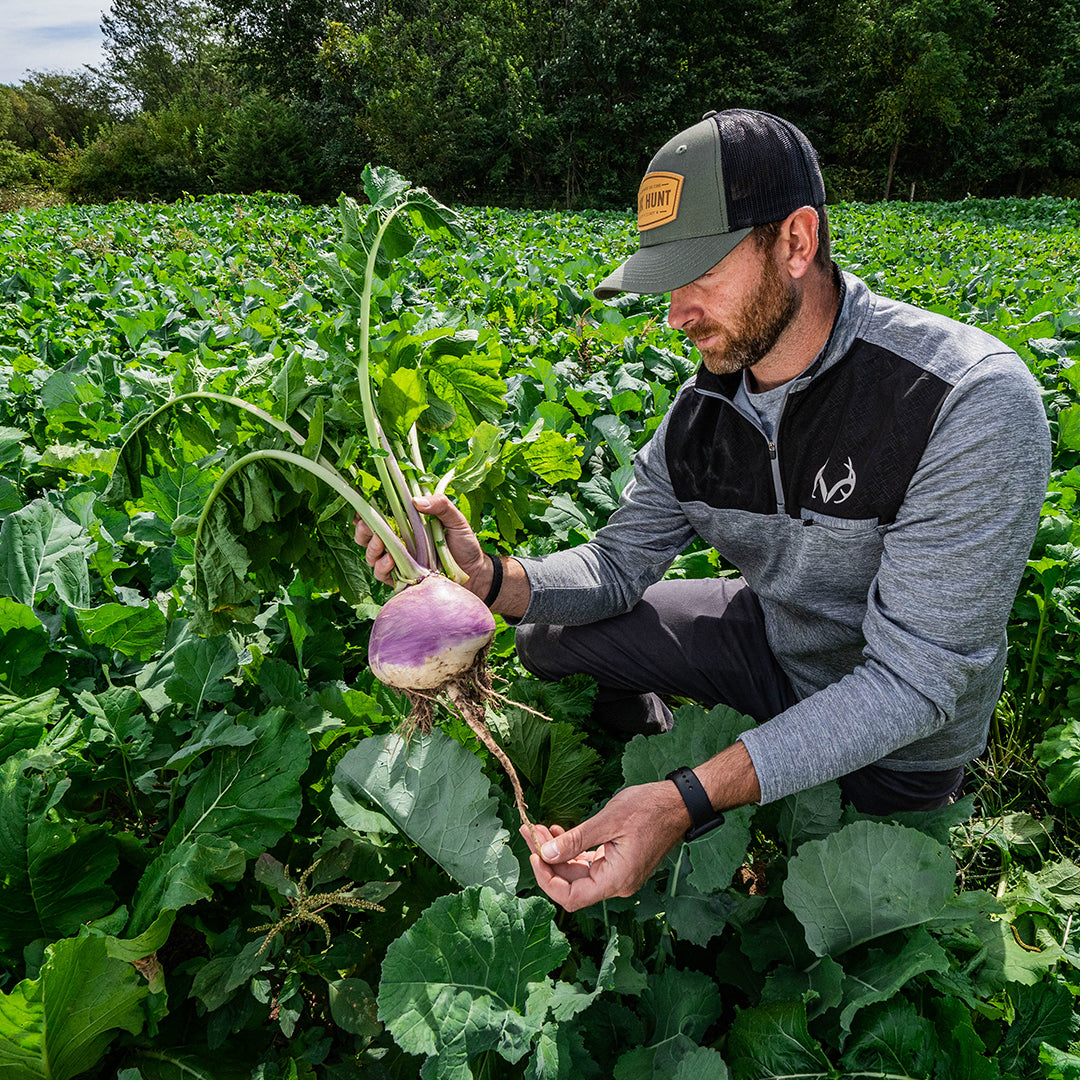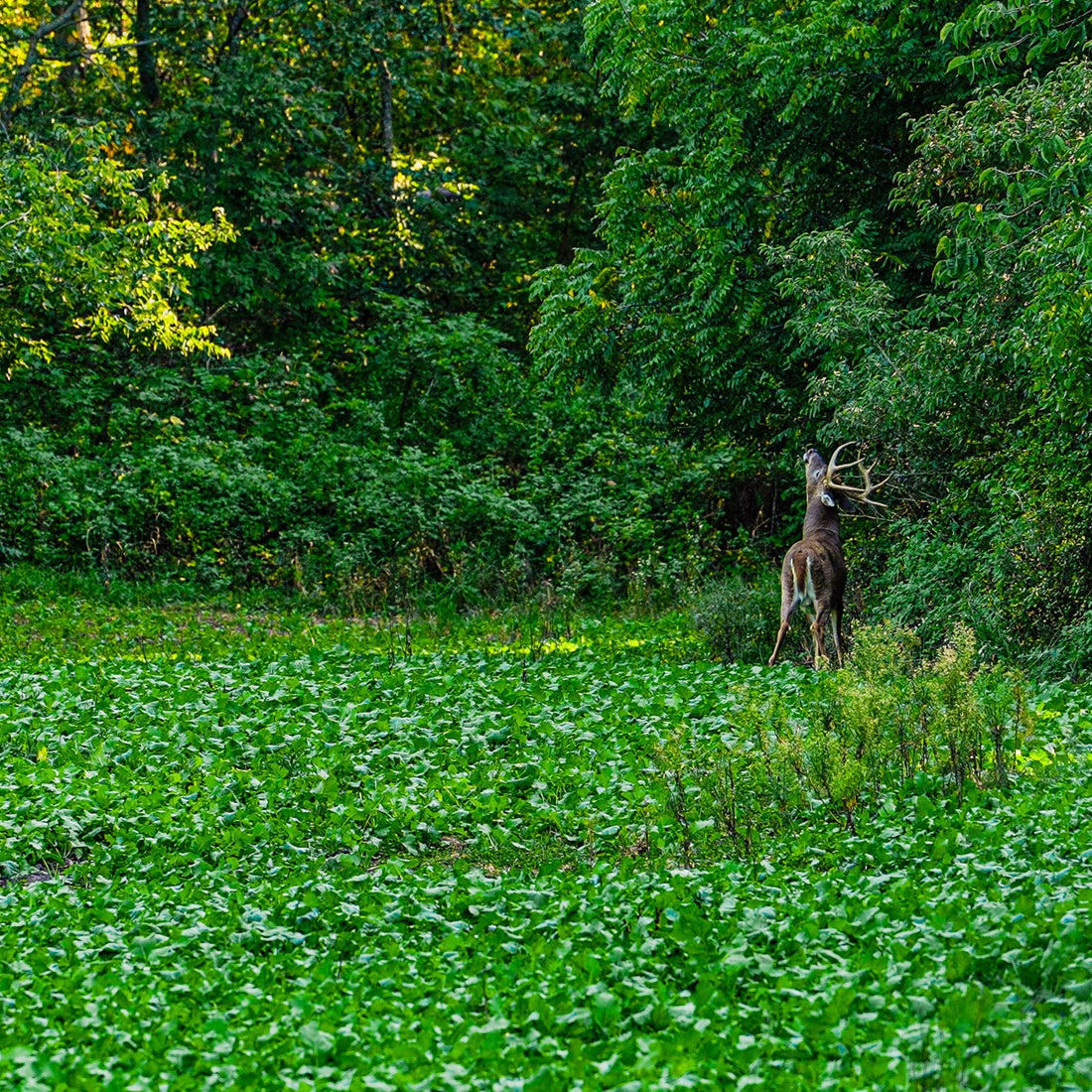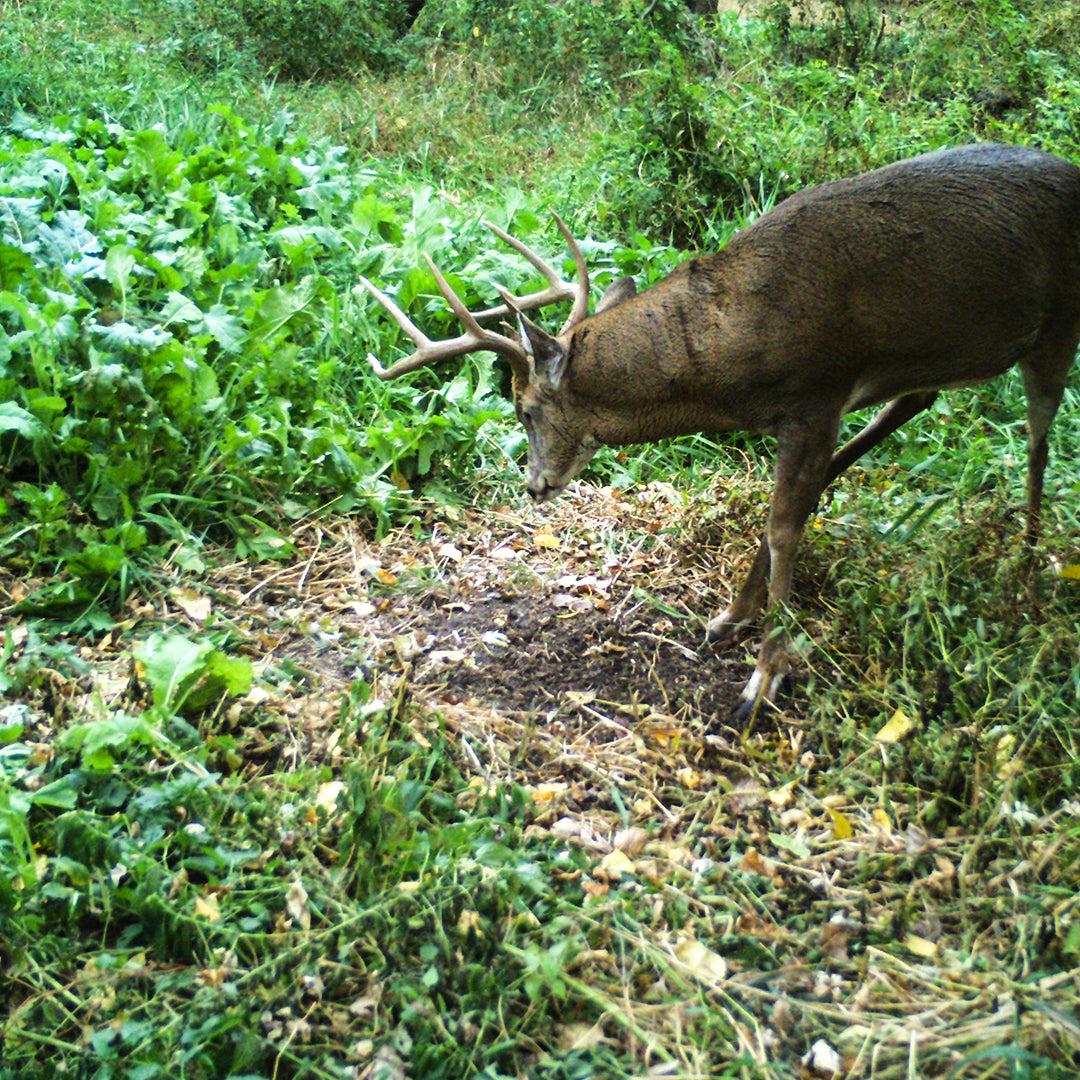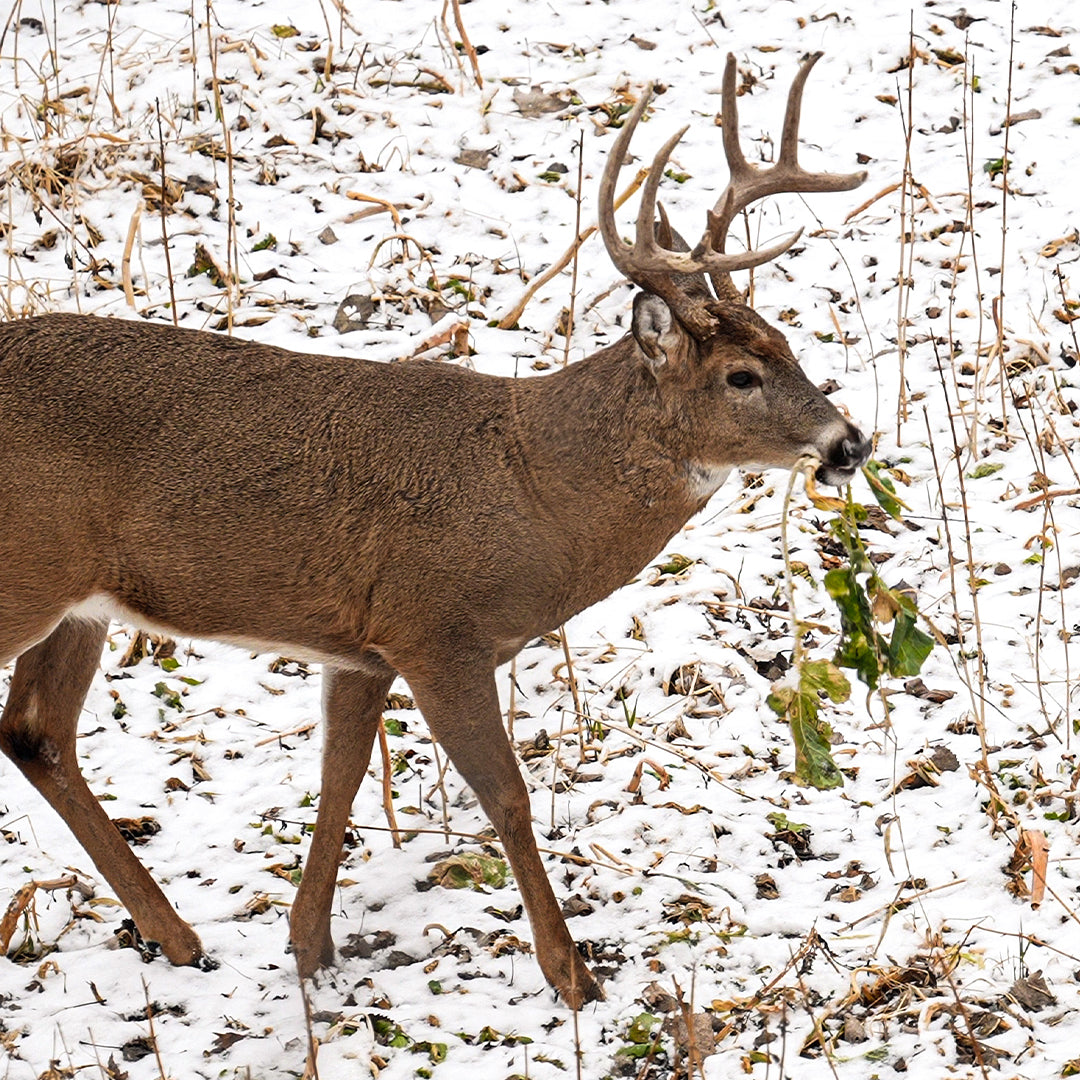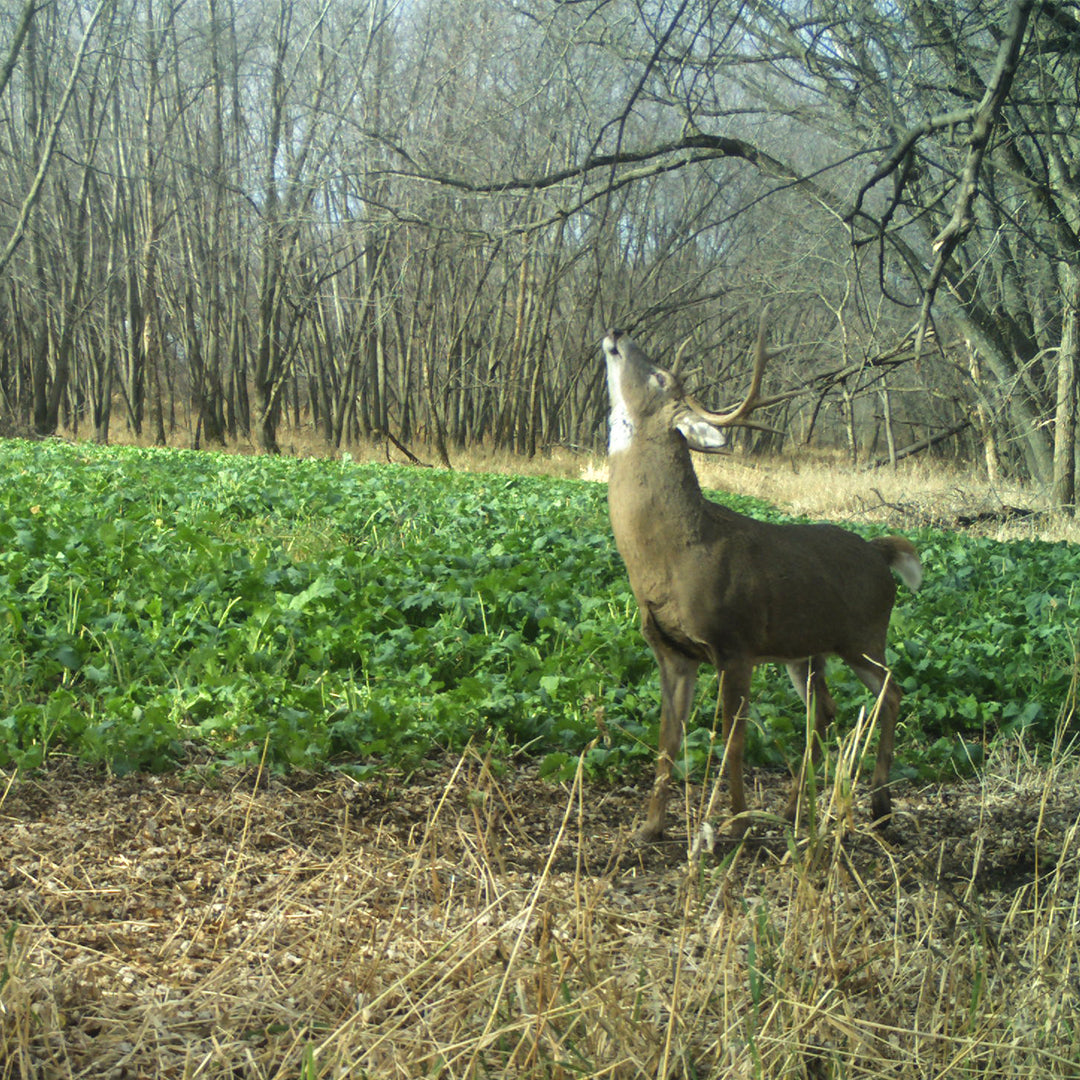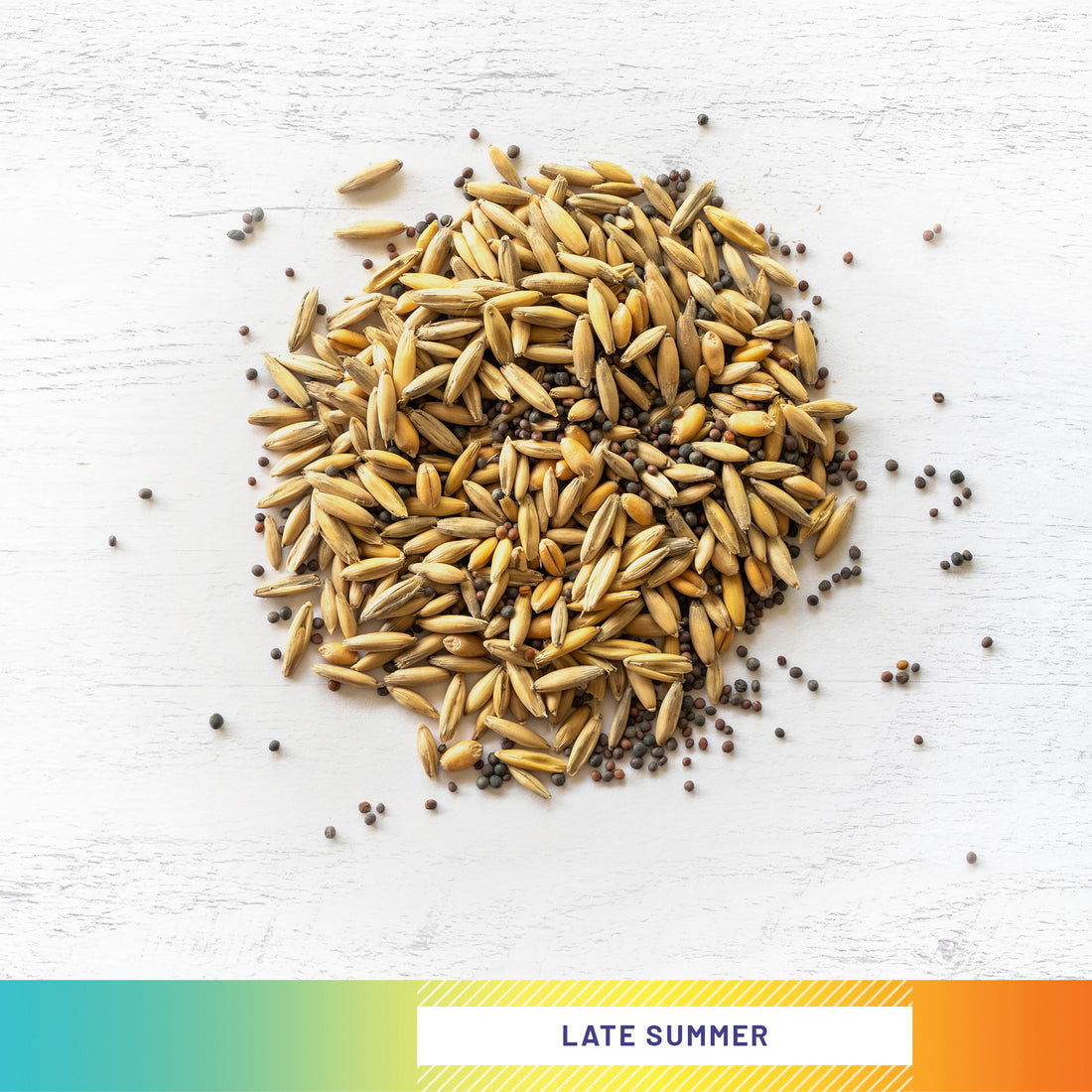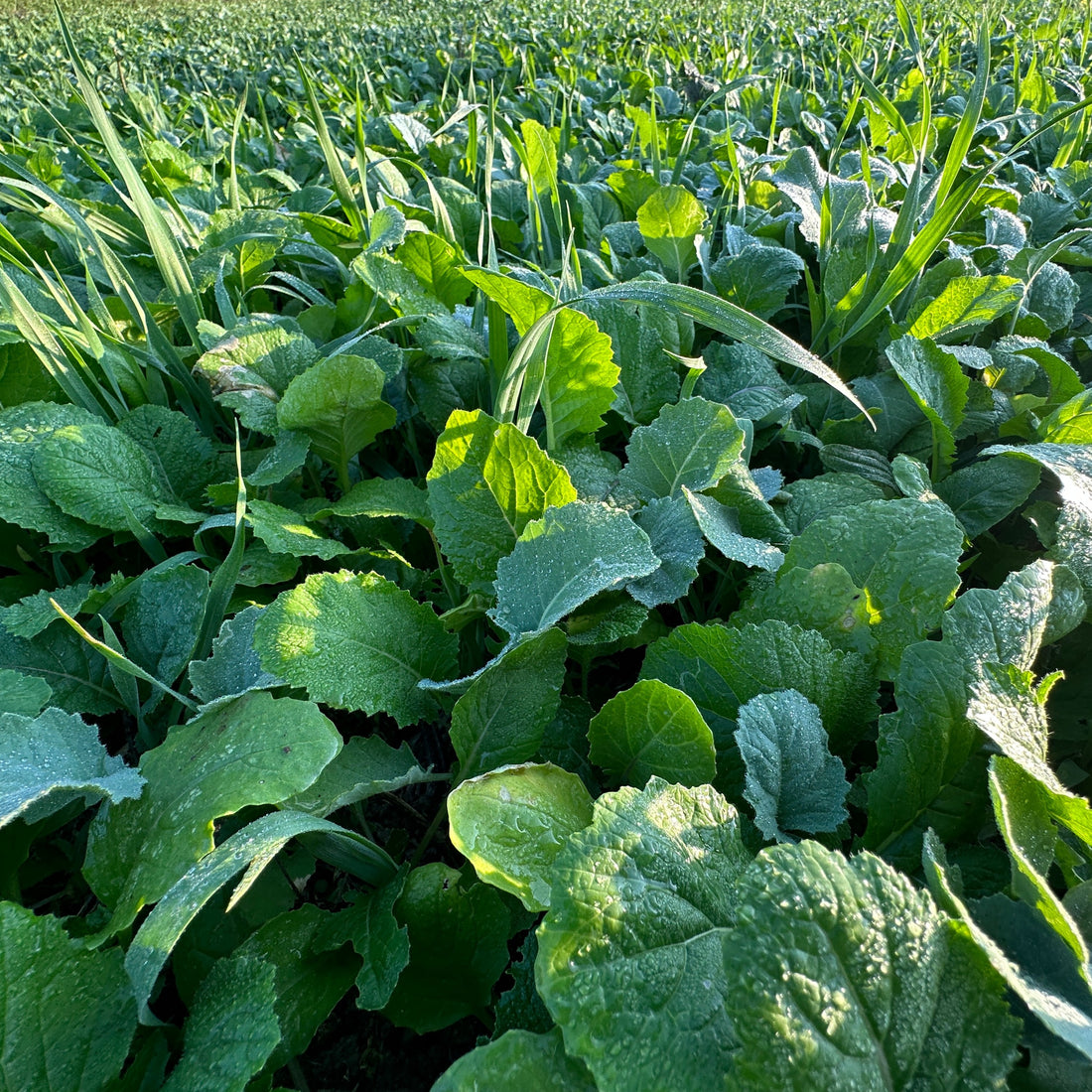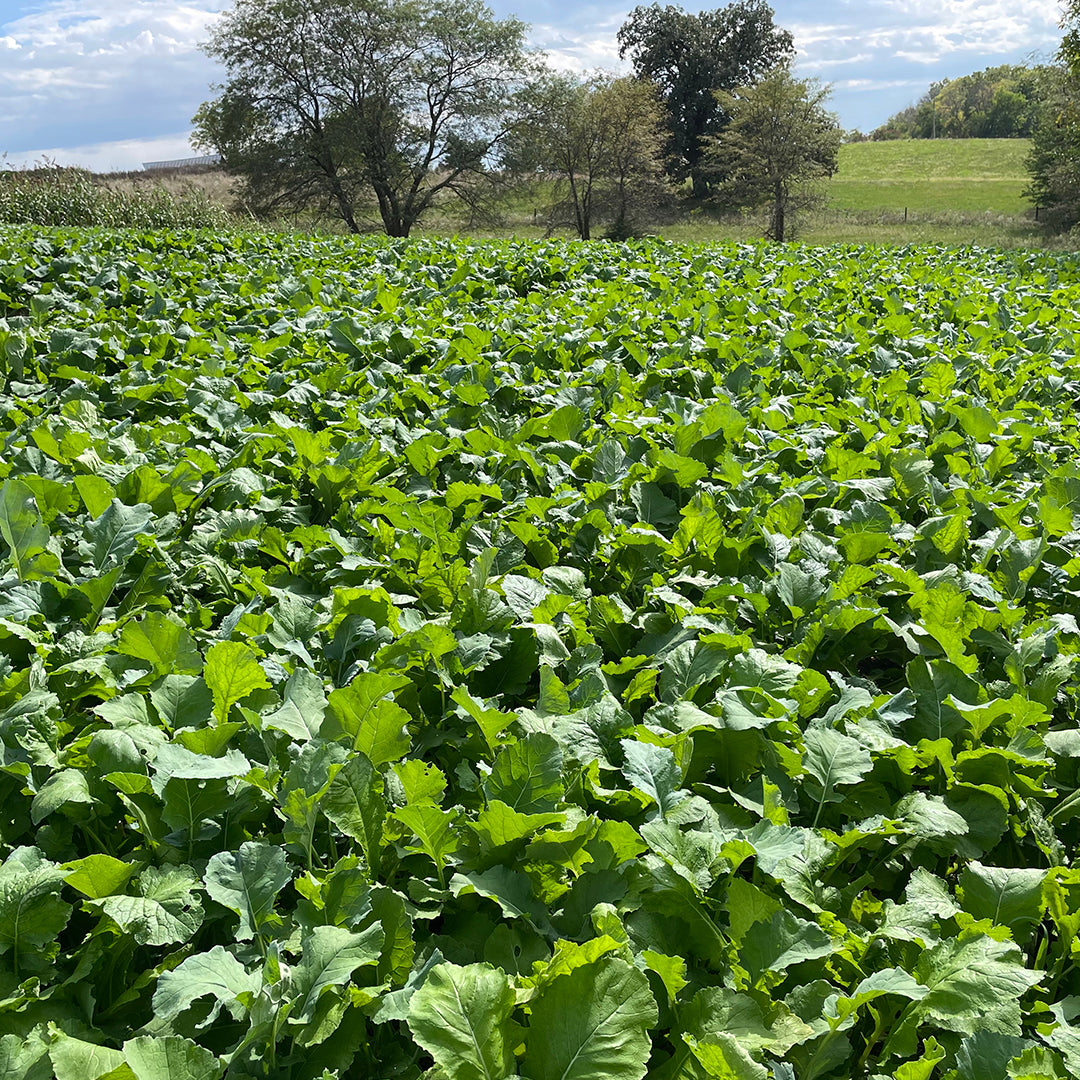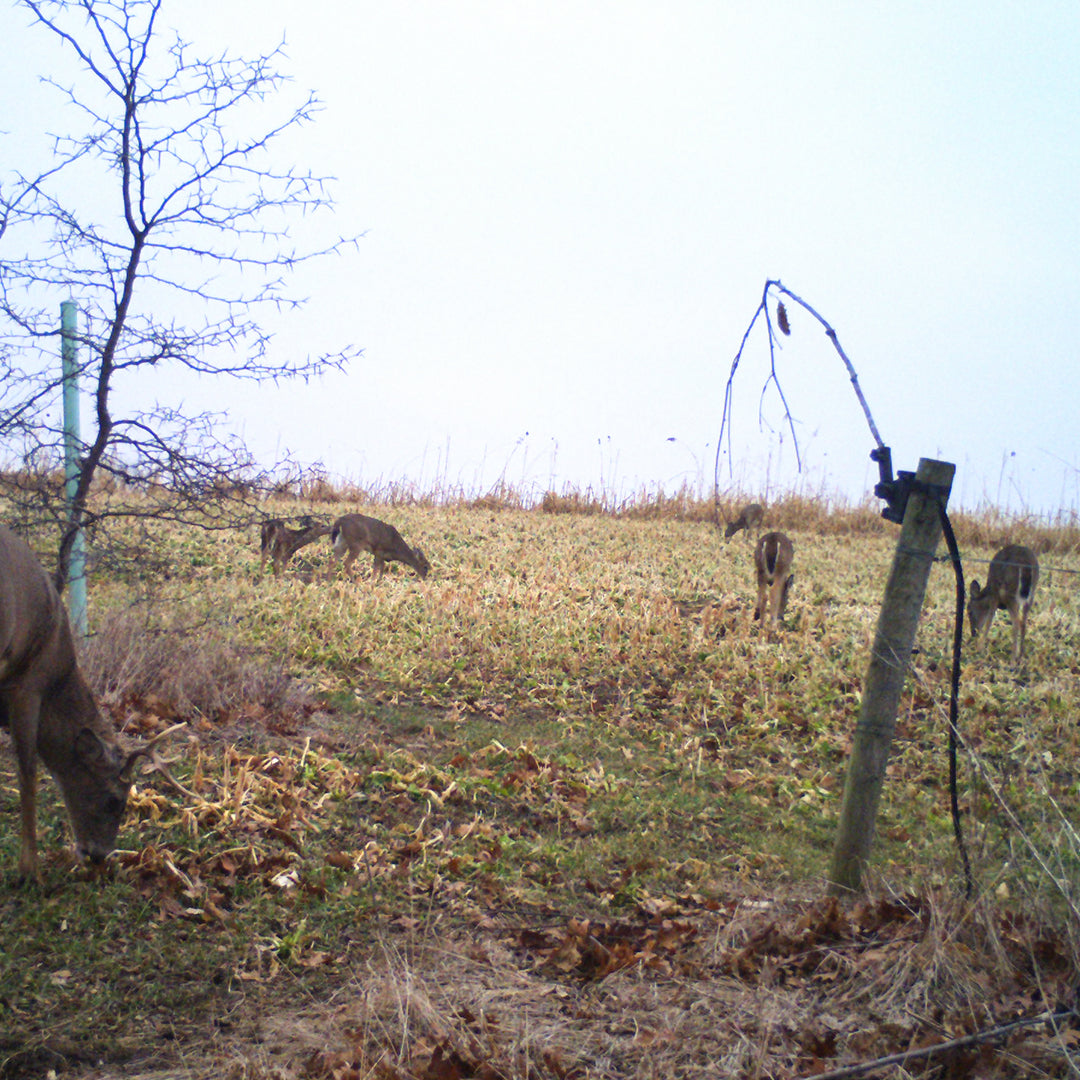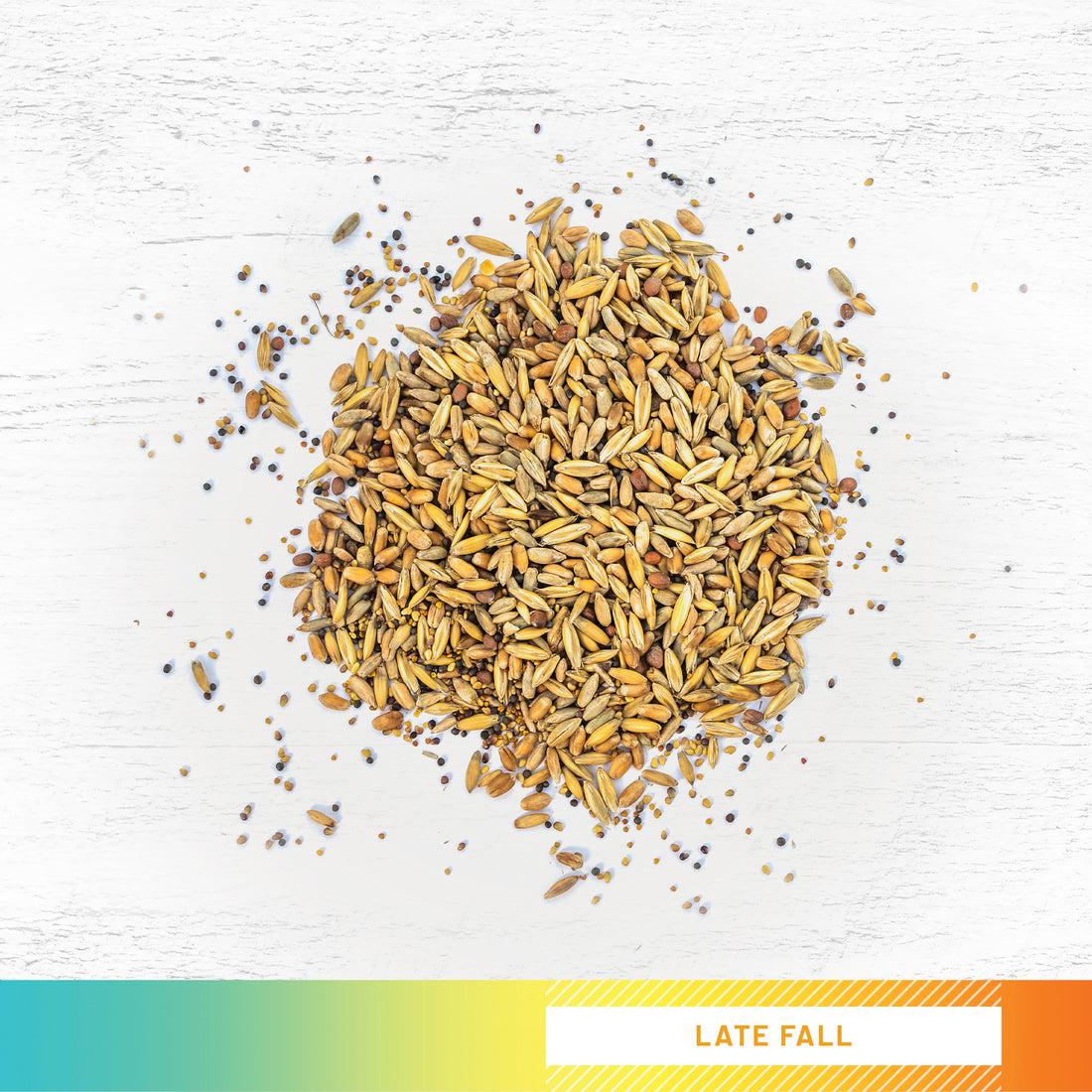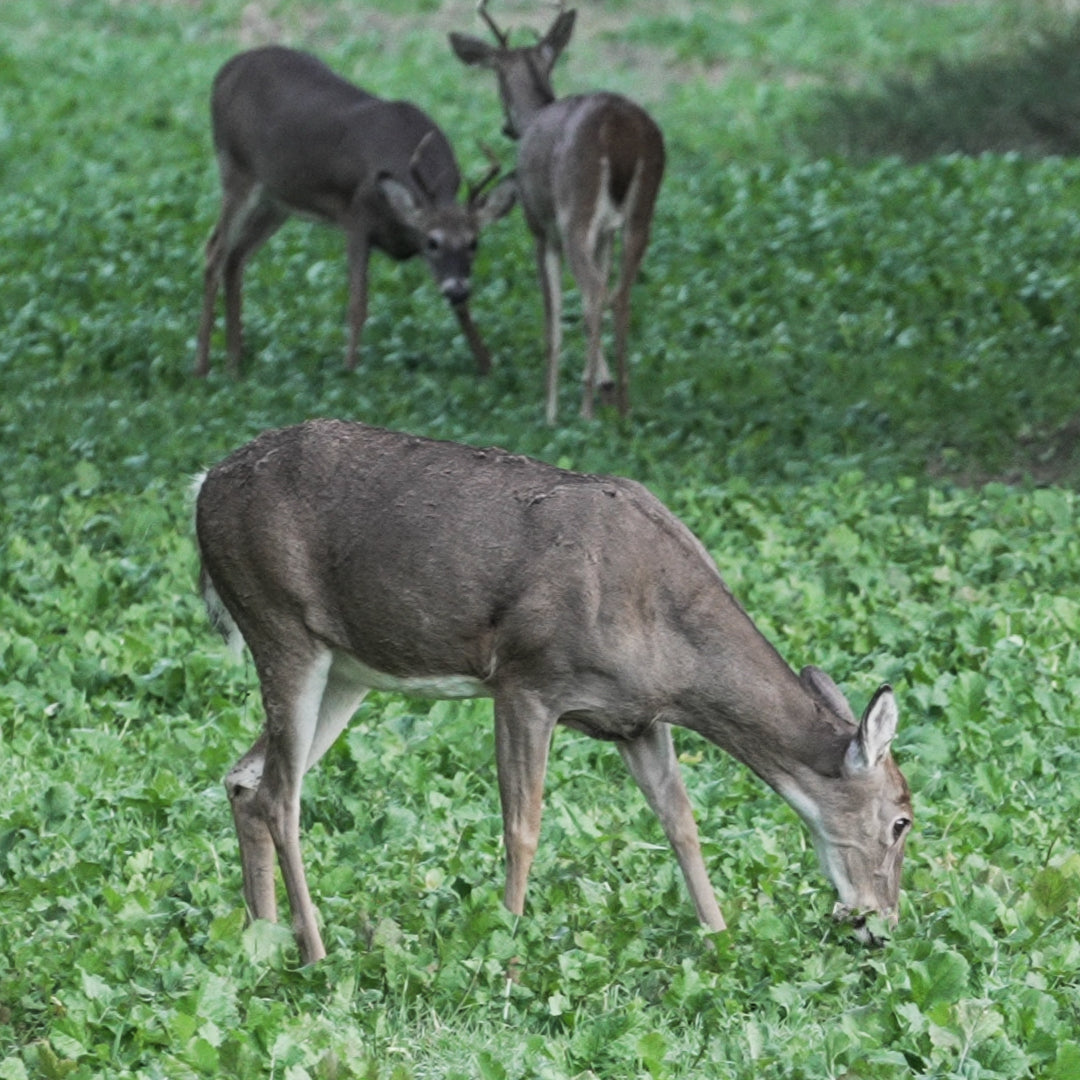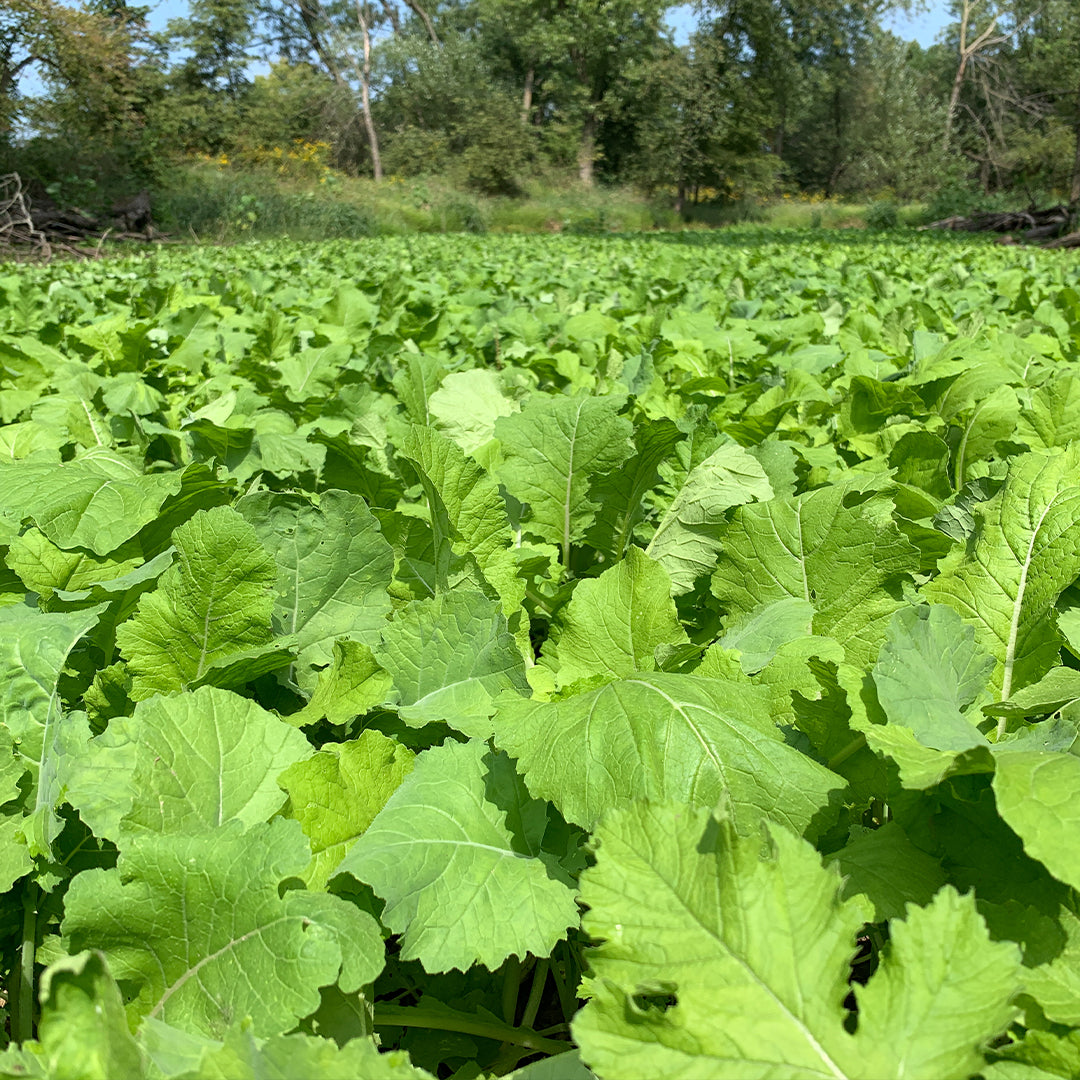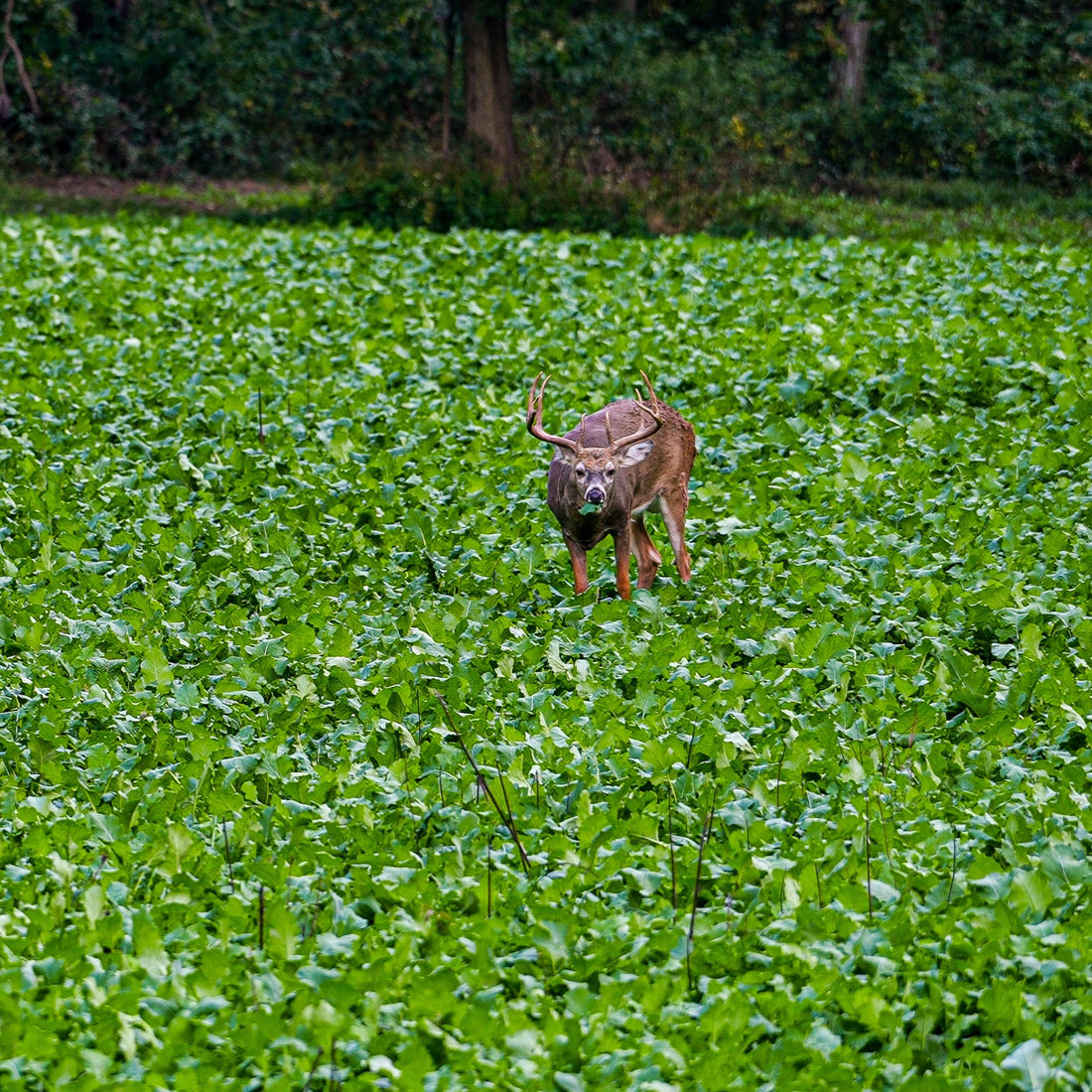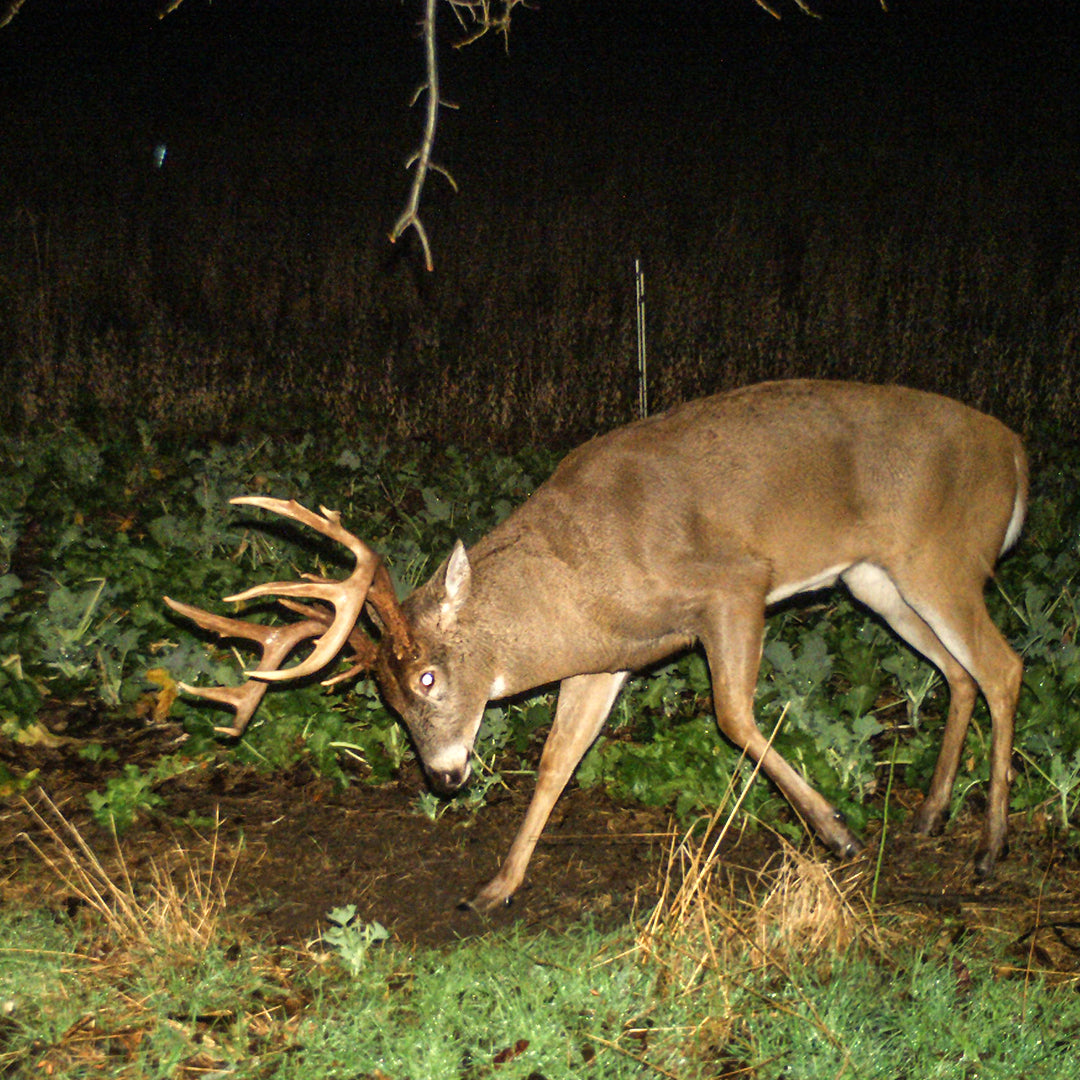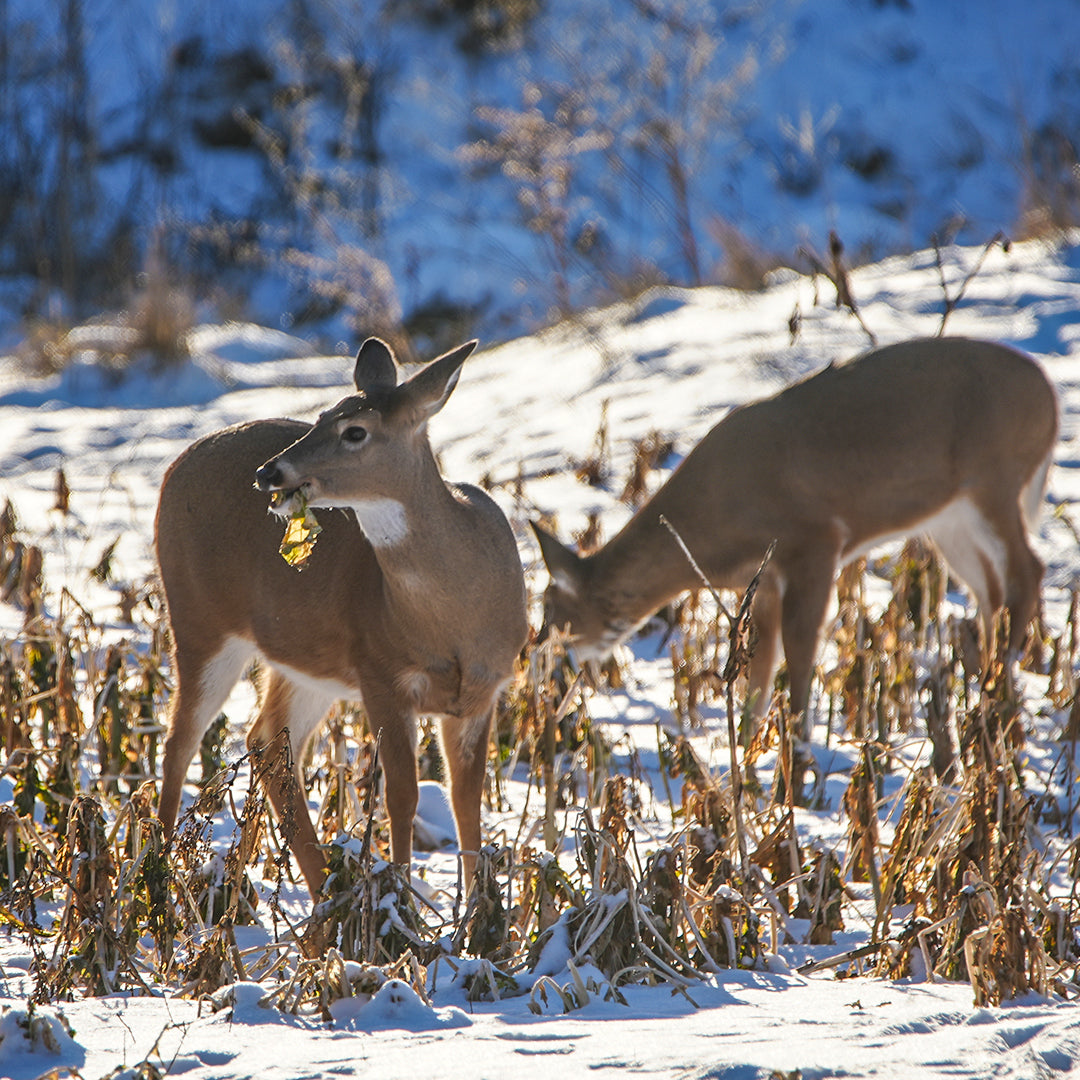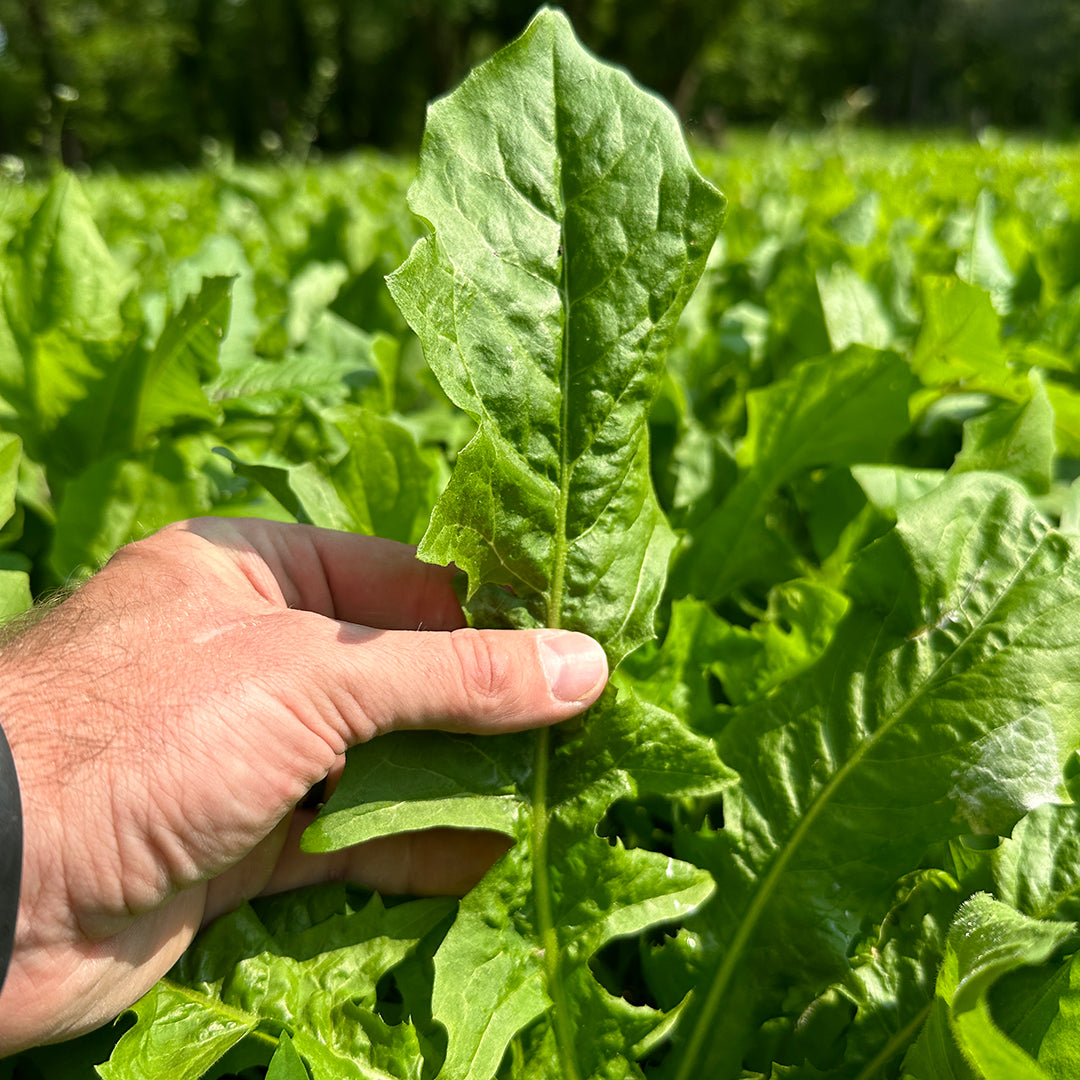
Expectations
What can you expect from your seed and what can your seed expect from you? Realistic expectations from the seed should only be for it to sprout given the right conditions. The main conditions being dirt, adequate moisture, and temperatures. With those factors in mind, you should expect similar germination to the stated germination rate for each variety on the bag label.
Growing after germination. Are you giving it the opportunity it needs to grow? If you want 100% output you need 100% input. You get what you sow and you get what you sow into. If you decide to skip the soil test and fail to add the needed nutrients, you're already putting yourself at a disadvantage. If you're a manager, you can’t expect effective production from your employees without giving them the proper tools and things they need for the job. In the food plot world, that means the correct pH and the correct amount of each fertilizer required for what you're planting. Of course, you can wing it and throw down some lime and fertilizer and have success, it's been done plenty of times. But, you're better off investing a few dollars on a soil test to make sure you're doing exactly what you need to, and making sure you're not wasting dollars on what you don't need.
Low light and shady spots. Low light equals low success. Plants need light, some more than others. Certainly, some of what you plant will grow, just not as well or as fast if planted in a better lighted area. Again, you can't expect 100% results if you're not providing 100% of the equation. Without the ability (lime helps with this) to uptake nutrients, the production meter drops. Your high dollar fertilizer is wasted since your plants can’t uptake and use what they need of the proper nutrients.
Variety types: Not everything works in every area the same. Check out some your local University trials of the same stuff in different areas of your own state. You’ll notice some areas yield better than others when planting the same stuff; not everything likes the same soil types. That’s where having blends helps, you increase your chances that you'll still have a successful plot.
Should I expect my plot to last all year long? One seed that covers it all year. Absolutely not, you don’t have a tool box with just one tool do you? Hopefully not. Clover and chicory come close in the south on good years, but it’s seasonal in colder areas.
Expectations of bigger bucks and deer: With or without great genetics and nutrition, size comes with age; not because you planted a 1/8 acre of green stuff with a booner on the bag. You and the people around you have to manage what’s going with your native deer (local). Affecting a deer's nutritional consumption involves year round management and habitat plan. Not just showing up on your property to plant a 1/2 acre green field that's to be used a few months of the year. You can get on YouTube and Google now days and pretty much everyone that can punch a button has expert advice. I personally stick with basics. By basics I’m talking people like Dr. Grant Woods with Growing Deer TV, Dr. Bronson Strickland and MSU Deer Lab , Dr. Craig Harper at UT, Dr. James Kroll at SFAU and Wildtree TV who’s probably been doing this longer than any one. Just some people off the top of my head with years of history and research in different areas all across the country. All these guys are great starting points for information.
Can a small low budget plot compete with a high dollar operation next door? Absolutely. Don’t think you can skimp on stuff because your playing fields aren’t equal. If you have (or make) the habitat and your plot feels safer and tastes better (again, soil test and proper amendments), you're always in the game.
Will my plot be as good with limited equipment and budget vs someone with more resources? 100% as good. While varieties and traits of seeds have improved without a doubt, they still have no idea if they ended up in the ground stirred up with a weed eater or they came from $15,000 drill pulled by a $60,000 tractor. And the seeds themselves, well, everyone has the same opportunity to purchase the same seeds.

